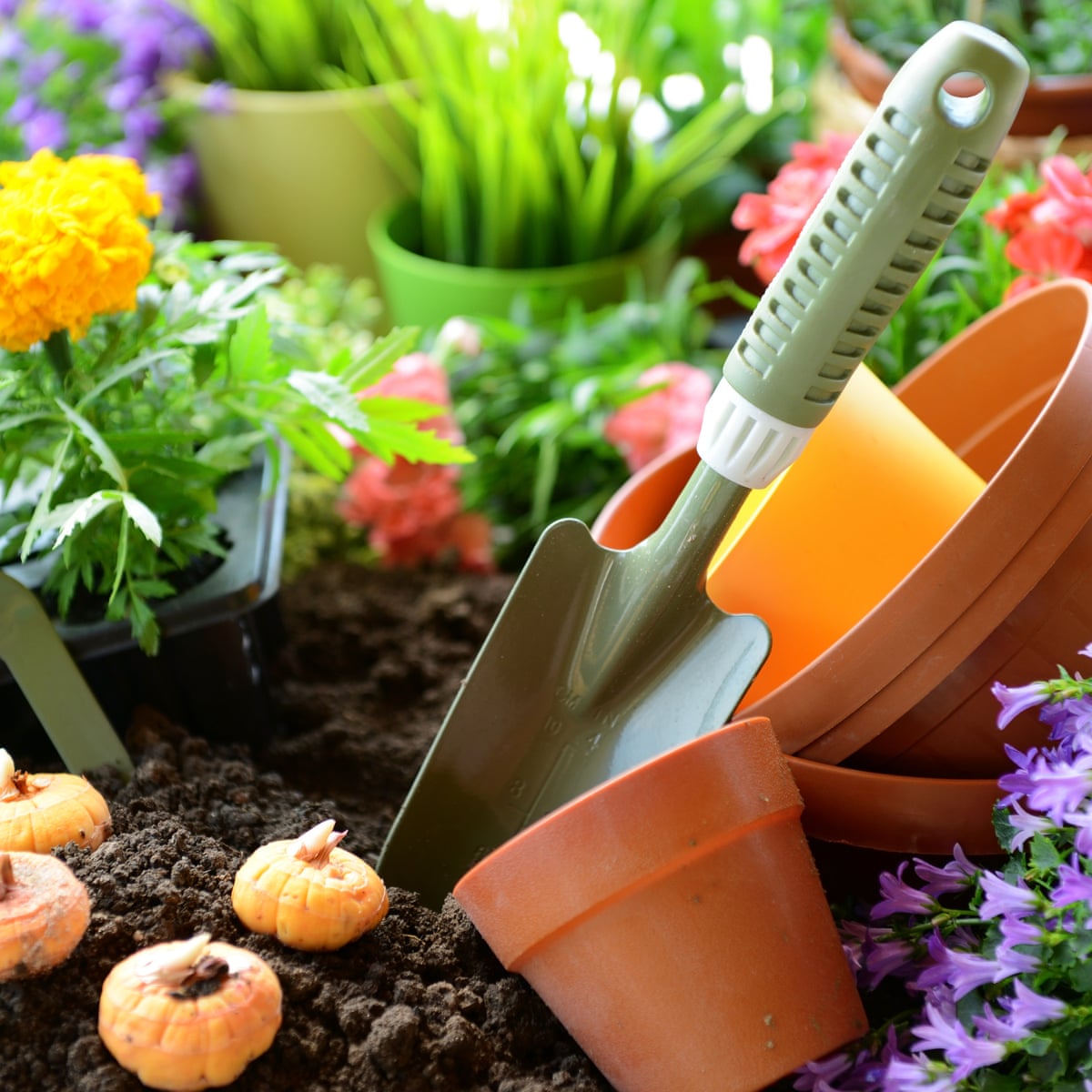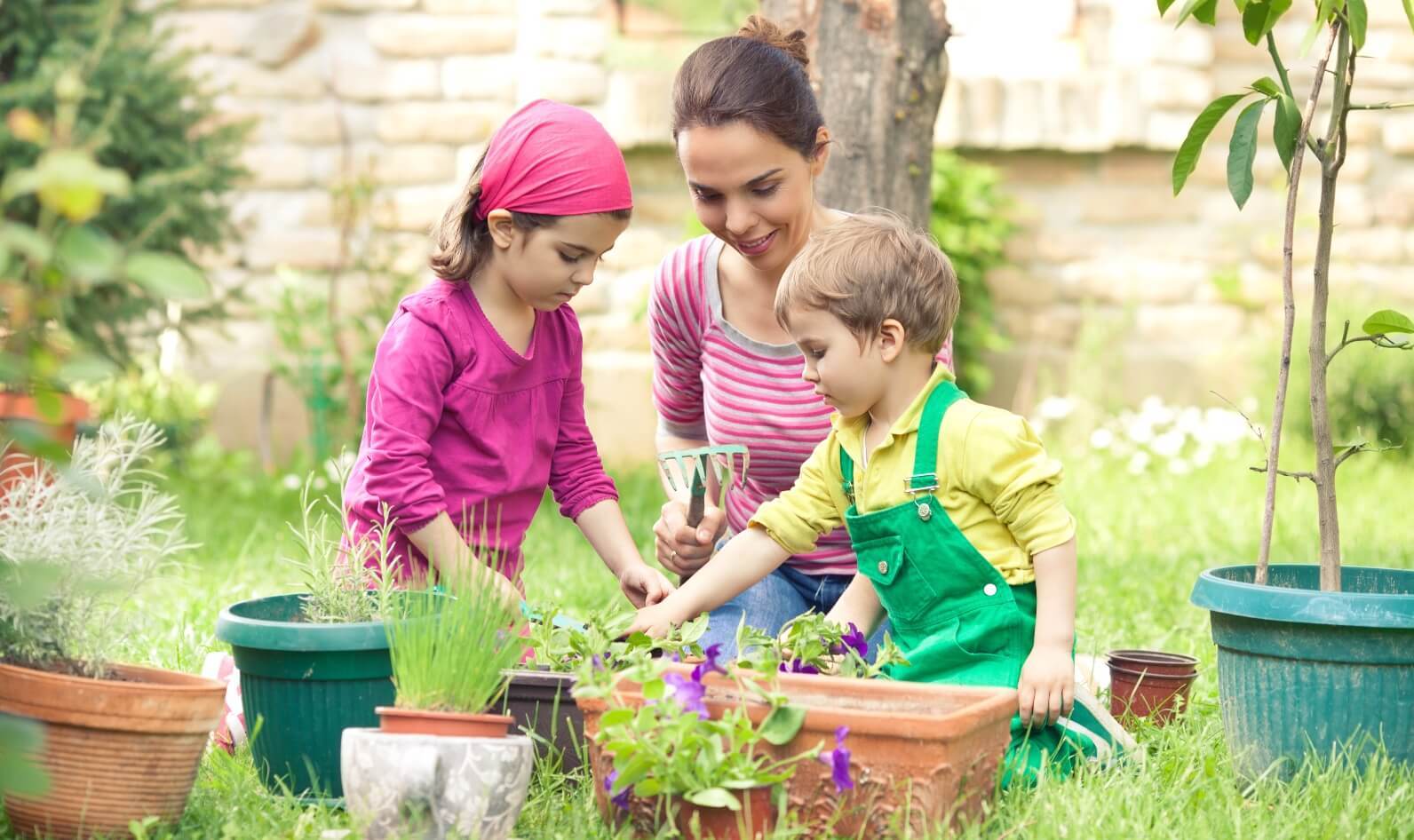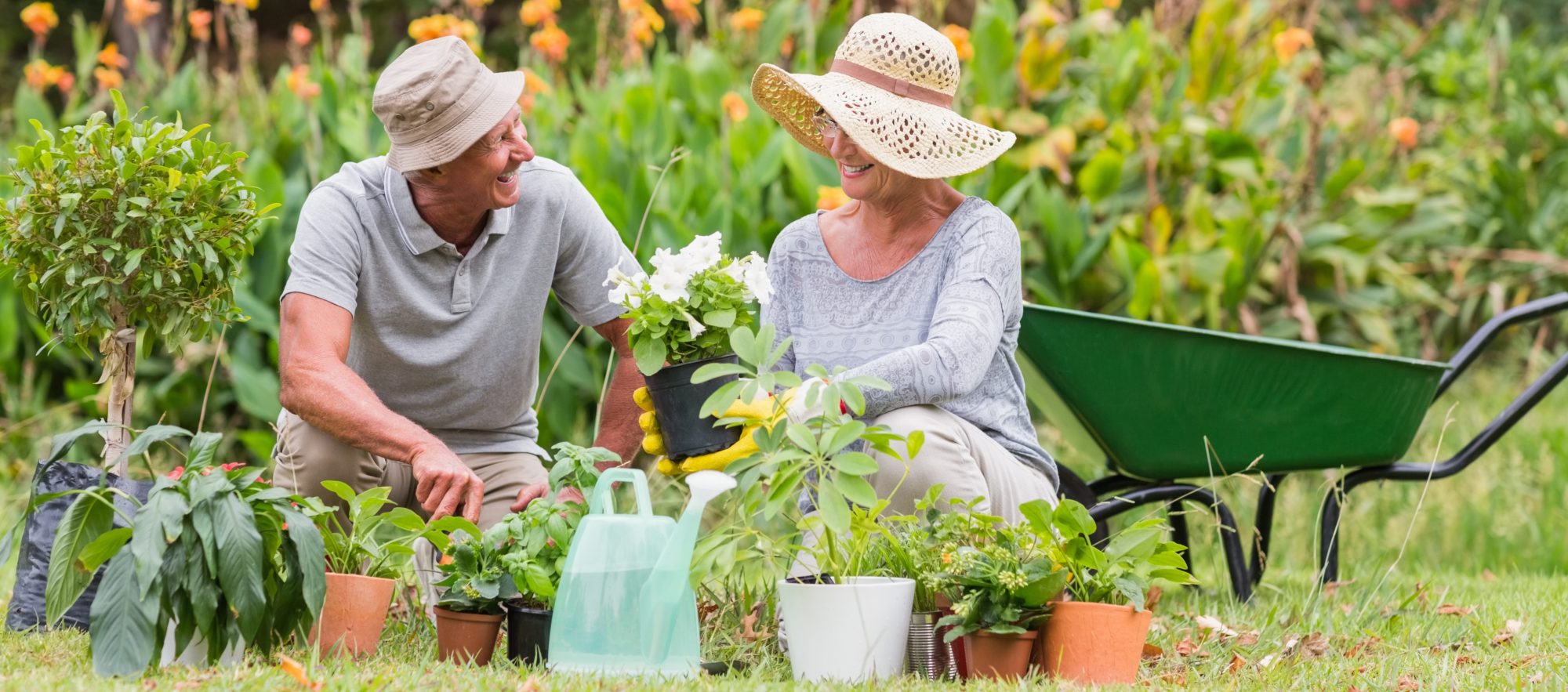The Ultimate Gardening Overview for Beginners: Everything You Need to Know
The Ultimate Gardening Overview for Beginners: Everything You Need to Know
Blog Article
Opening the Perks of Gardening: A Detailed Appearance at the Different Types and Their Influence On Wellness
Discovering the complex benefits of horticulture exposes a spectrum of practices that dramatically improve individual health. As we take a look at these diverse gardening strategies, it ends up being noticeable that their effect can reverberate on personal, social, and ecological degrees, triggering a more detailed look at how these links create a natural story of alternative wellness.
Sorts Of Gardening

Blossom gardening, an additional popular category, emphasizes the aesthetic charm of grown blooms. This kind can enhance landscapes and promote biodiversity by bring in beneficial pollinators. In a similar way, natural herb horticulture entails growing fragrant and cooking plants, contributing both to food preparation and natural solutions.
Container gardening offers adaptability, allowing individuals with minimal area to engage in horticulture by utilizing pots and planters. This approach is especially preferred in city settings. Elevated bed gardening, on the various other hand, involves developing elevated stories that enhance soil drain and ease of access, making it easier for gardeners to manage their plants.
Last but not least, neighborhood gardening cultivates partnership amongst individuals in common rooms, promoting social communication and cumulative obligation. Each kind of gardening offers distinct functions and deals with different preferences, making horticulture a functional activity that can be tailored to specific needs and atmospheres.
Mental Wellness Advantages
Engaging in numerous kinds of horticulture not only produces tangible rewards such as fresh fruit and vegetables and stunning blossoms but likewise offers considerable psychological health benefits. Study indicates that gardening can be a powerful device for minimizing stress and anxiety, anxiety, and depression. The act of having a tendency to plants and growing a yard cultivates a feeling of function and success, which can improve general emotional wellness.
In addition, horticulture urges mindfulness, as it calls for people to focus on today moment, whether it be planting seeds or nurturing growth. This mindfulness method can result in minimized rumination and enhanced mood stability. The exposure to natural environments during horticulture has actually additionally been connected to boosted cognitive working and reduced sensations of exhaustion.
Social communication plays an essential role in mental wellness, and area gardening campaigns give possibilities for people to get in touch with others, promoting a sense of belonging. The common experience of horticulture can cultivate friendships and support networks, better strengthening psychological durability.
Physical Health And Wellness Advantages
Several individuals might not realize that gardening additionally offers significant physical wellness benefits. Involving in gardening activities calls for a variety of physical activities, including flexing, training, excavating, and growing, which jointly add to enhanced toughness, versatility, and endurance. These activities can enhance cardio health by promoting an elevated heart price, therefore decreasing the danger of heart disease.
Additionally, horticulture can work as a moderate-intensity exercise, assisting people attain recommended exercise degrees. Researches show that normal participation in gardening can shed substantial calories-- approximately 200-400 calories per hour, depending on the intensity of the jobs done. Such calorie expenditure is beneficial for weight administration and general metabolic wellness.
In addition, direct exposure to sunlight during gardening can facilitate the synthesis of vitamin D, which plays an essential role in preserving bone health and wellness and supporting immune function. Moreover, the act of horticulture commonly entails dealing with soil, which has been connected to prospective mental and physical health and wellness benefits due to the presence of advantageous bacteria. Gardening.
Social Links With Gardening
The communal facets of gardening foster purposeful social links among individuals. Community yards, specifically, act as vibrant centers where people from varied histories come together, cultivating not just plants however also relationships. These common areas motivate collaboration, permitting people to exchange knowledge, abilities, and resources, therefore improving their horticulture experience and cultivating a feeling of belonging.
Engagement in gardening activities often causes the formation of relationships and support networks. Participants regularly unite for common objectives, Visit Website such as growing periods, harvest events, or educational workshops, which reinforce interpersonal connections discover this and create a feeling of community. Such communications can minimize feelings of isolation and boost mental health, as individuals locate companionship and friendship in shared ventures.

Environmental Influence of Horticulture
Horticulture significantly adds to environmental sustainability in several ways. Home yards provide crucial habitats for different species, consisting of pollinators such as and butterflies, which are necessary for community wellness.

Additionally, gardens play an essential role in water preservation. Well-planned landscapes, including indigenous plants and xeriscaping, reduce water usage and prevent drainage, consequently safeguarding neighborhood rivers from pollution.
Verdict

The varied kinds of gardening-- including vegetable, flower, natural herb, container, and elevated bed-- add to mental and physical health, foster social connections, and promote ecological sustainability. By involving in horticulture practices, individuals can experience enhanced high quality of life Check Out Your URL while additionally sustaining area bonds and environmental wellness.
Report this page